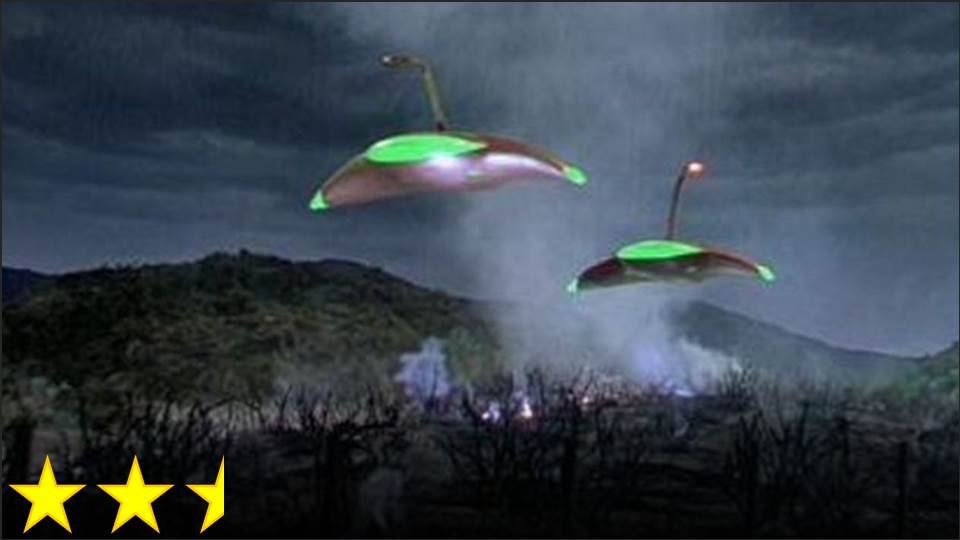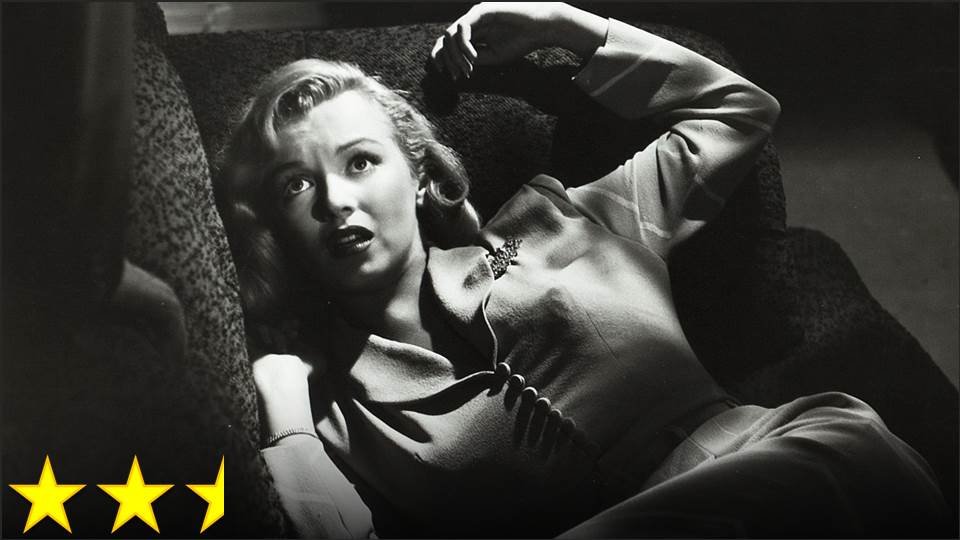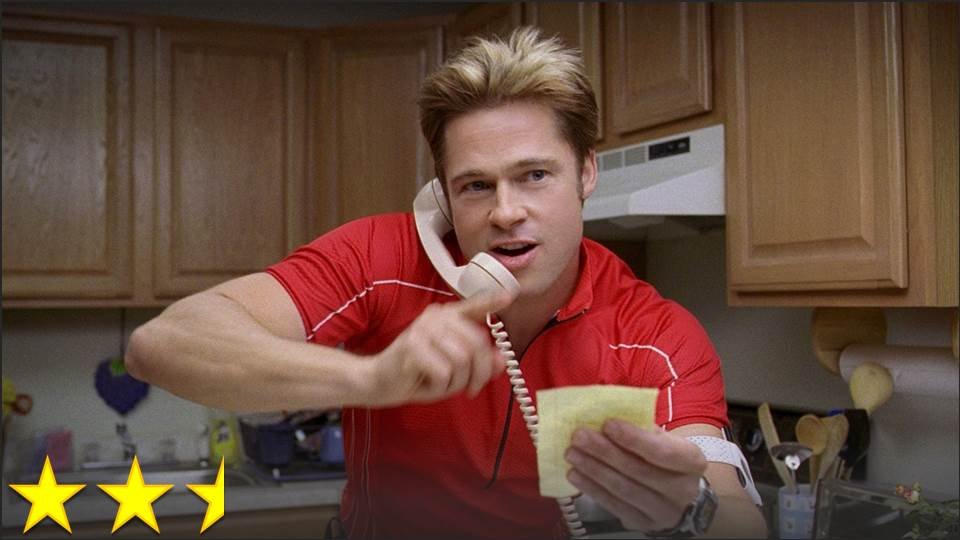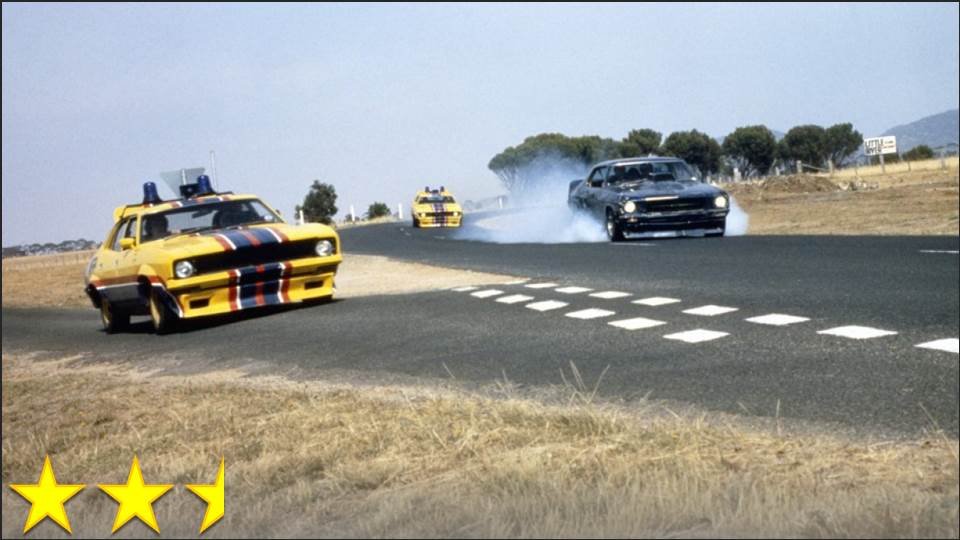I usually have a pretty good idea of how I’m going to feel about a movie before I watch it – I’m just that kind of person. Even when the trailers for a movie don’t do it justice – consider Baby Driver – I’m often able to see through the marketing and get a sense for what a film’s strengths and weaknesses are going to be. I think that’s what made the 1953 War of the Worlds so disappointing to me. I knew I would like elements of the visual style – the alien ships are absolutely brilliant, and some of the costumes and lighting are also notably excellent – but it actually wasn’t was colorful, dark, vivid, and theatrical as I’d hoped it would be. It’s really rather painful to sit through thanks to its story, most of which I found fairly uninteresting. Obviously, some of the writing is very smart – I am, of course, fully aware of the significance of H.G. Wells – but this story just doesn’t work as a movie. The ending isn’t really satisfying, and the message is repulsively preachy and spiritual, even though it doesn’t make sense to do a “Thank God for His Gracious Ex Machina” ending after all the needless tragedy that fills the film.
In short, I can appreciate the film’s technical and creative accomplishments, but it’s far from my idea of great sci-fi.





